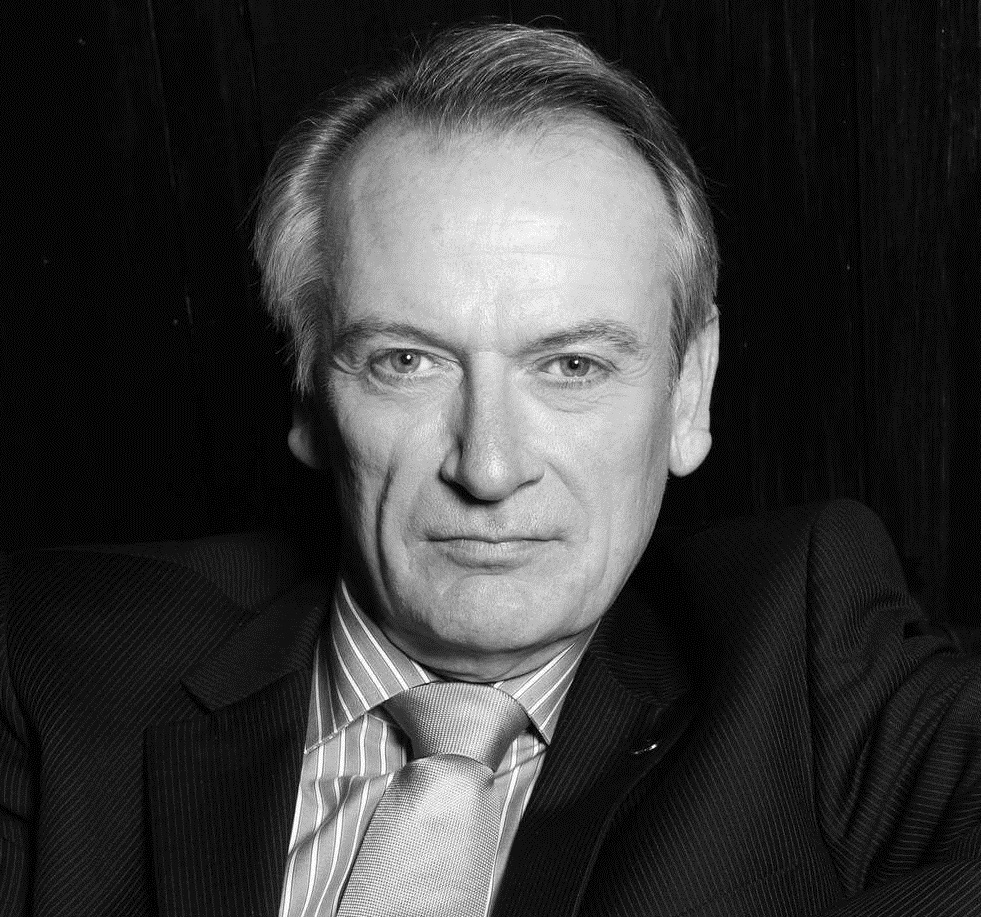Global Networks Need Global Finance

- Chris Skinner, Chairman at The Financial Services Club
- 30.11.2016 09:15 am global finance
I’ve recently been wowed by series such as House of Cards (Netflix) and The Man in the High Castle(Amazon), and am really blown away by The Crown (Netflix) and The Grand Tour (Amazon). I’m blown away not because these are good internet shows, which they are, but by the budgets being spent on them.
Picture from The Telegraph
When you have one of the major channels of the world being outspent by a factor of almost $10 for every $1 they spend, something is happening. When a network can spend £10 million per episode of a mini-series, something is changing. What?
We have turned into a global society.
National television stations are going to gradually become less and less relevant in a globally networked world. The BBC, Fox, NBC and others therefore also need to think global. In some areas, they already do. For example, the BBC’s first series of Planet Earth aired a decade ago, took five years to make and was the most expensive nature documentary ever filmed by the BBC at £8million. It went on win an Emmy award and be shown in over 130 countries. That’s why the BBC has made Planet Earth 2, which is airing at the moment and is stunning thanks to improvements in technology, especially drones and cameras in places that were inaccessible before.
The reason I write this is that things are changing fast, but we probably don’t see it. It began with eBay selling stuff that shouldn’t be available in other countries. For years, I could buy things online and receive the goods without intervention by Her Majesty’s tax collectors. That eventually stopped, as the government wises up to such shady practices eventually. However, for how long can this go on?
For example, I blogged a month ago about a vexing question about regulating global networks, and this is still a persistent theme. As we are all now online, connected all the time, our media, friends and entertainment has globalised. My friends on Facebook and Twitter are all over the world, with few of them actually here in my hometown. My media is global, and quite a lot of the media is user generated. Using drones, webcams and smartphones, my network entertains me non-stop with fake news stories, funny films of cats and more. In fact, it’s quite amusing that the one thing that unites all of humanity is amusing things cats, puppies and babies do.
I’ve also now discovered that we can all talk to each other in a variety of languages. Facebook and Twitter are translating everything for me, and you can now even call each other up on Skype and have simultaneous translations.
There’s even a pair of headphones being crowdfunded, which will allow you to talk to each other face-to-face with no language barriers.
The reason for this being a critical change – and the theme of many of my presentations – is that if the whole planet is on the network, with seven billion people able to talk and trade non-stop, what is the infrastructure for trade and commerce that underpins this system? I’ve explored that in depth in ValueWeb and truly believe that it is the smart network of things combined with a distributed ledger for transactions and a digital currency for global exchange.
It’s almost here …
























